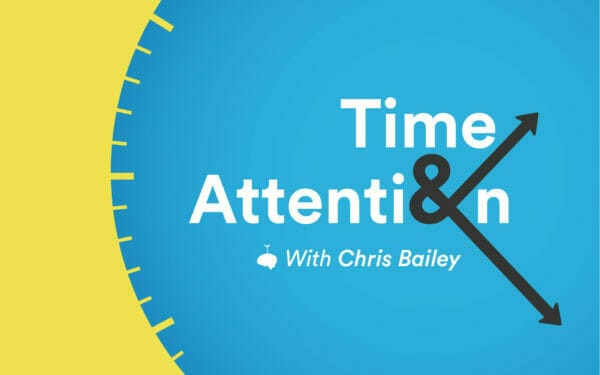
 Time and Attention
Time and Attention 126: All or Something Thinking (Replay)
Apr 16, 2024
Exploring the 'all or nothing' thinking and its impact on success, the 'screw it' effect, and the need for awareness in behavioral change. Discussion on the drawbacks of black and white thinking, sunk costs, and the importance of navigating gray areas for better decision-making.
Chapters
Transcript
Episode notes

